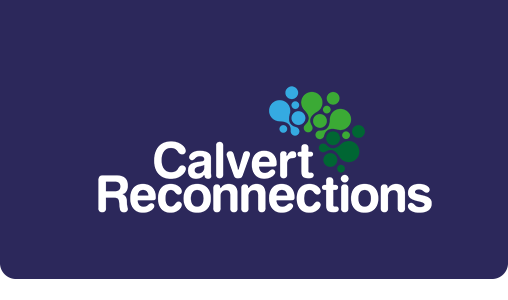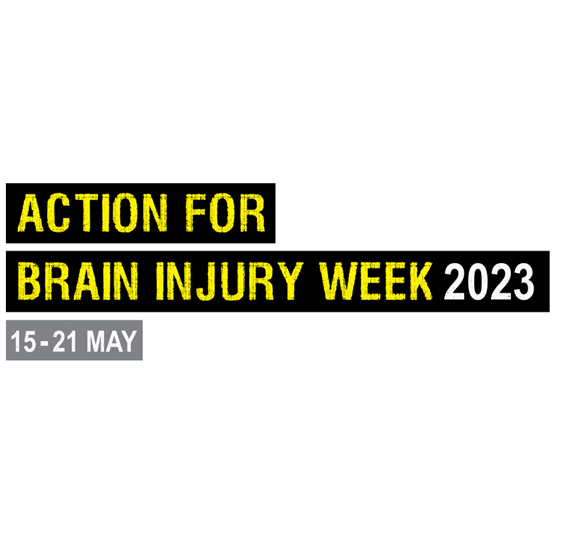Reconnections is delighted to support Action for Brain Injury Week 2023, which runs from 15 – 21 May.
Established by Headway in 2010, the annual event has become an important date in the calendar to raise awareness of the impact of acquired brain injury (ABI) and to promote understanding and support for those affected by ABI.
The theme for 2023 is Every 90 Seconds, relating to Headway’s statistics that one person is admitted to hospital with an ABI every 90 seconds within the UK. Their study between 2019-20 uncovered startling statistics of an increase in hospital admissions by 12% since 2005/06.
977 admissions per day across the UK were related to brain injury. Of those, 433 were head injuries and 376 were diagnosed with stroke. The study also revealed that men were 1.5 times more likely to suffer a head injury than women, but the number of women admitted with ABI had risen by 28% since 2005.
With details of the government’s new ABI strategy due to be published in June 2023, Action for Brain Injury Week comes at an important time – particularly as recent research by Reconnections and Exchange Chambers suggests that the majority of brain injury solicitors are unconvinced that the new strategy will lead to a step change in the care and support available to people living with brain injury.
The research also highlights how the NHS lacks the resources to provide effective support for brain injured patients and casts serious doubt on whether family members always act in the best interests of their brain injured relatives.
The headline findings are as follows:
- 78% of brain injury solicitors do not believe the government’s new ABI strategy will lead to a step change in the care and support available to people living with ABI.
- 89% of brain injury solicitors believe the NHS is under resourced and unable to provide effective support for brain injured patients.
- 59% of brain injury solicitors have experienced a situation where the family has not acted in the best interests of their brain injured relative.
- 94% of brain injury solicitors believe family members of those with ABI require greater support.
- 62% of brain injury solicitors play an active role in the development of their client’s rehab plan, including the choice of rehab unit.
- 59% of brain injury solicitors do not believe there are enough residential-based rehabilitation units / programmes in the UK.
Commenting on the findings, Bill Braithwaite KC, Head of Exchange Chambers said: “This research confirms the widely-held view that the NHS is unable to provide effective support for brain injured patients. Acute care is often very good but subsequent rehabilitation can be hit and miss, doubtless because of a shortage of money. That is why the private and charitable sectors are so important.
“Solicitors are also unconvinced about the government’s ABI strategy. I share their scepticism. I’ve never thought that the government had anything useful to contribute beyond the acute and sub-acute treatment following catastrophic brain injury, which is why I’ve spent my life pursuing compensation for those who need it.”
Commenting on the development of the client’s rehabilitation programme, Bill Braithwaite KC added:
“By working collaboratively with the case manager, solicitors have a hugely important part to play in the client’s rehabilitation plan. In order to do so, they need a good understanding of the clinical position, the type of rehab needed, the range of units available, and their vastly different services.”
Referring to the actions of family members, Bill Braithwaite KC added: “I can certainly think of examples where families have not acted in the best interests of the claimant, but it is the exception rather than the rule in my experience.
“Of course, sometimes persuading families to see what are the best interests does need time and experience, and a strong element of advocacy, because some of their decisions are really difficult.”
Said Claire Appleton, Head of Service at Reconnections: “We recommend that family members are actively engaged in the participant’s rehabilitation journey as the evidence suggests this leads to better outcomes.
“At Reconnections, we facilitate family engagement through a person-centred approach providing support and guidance.”

